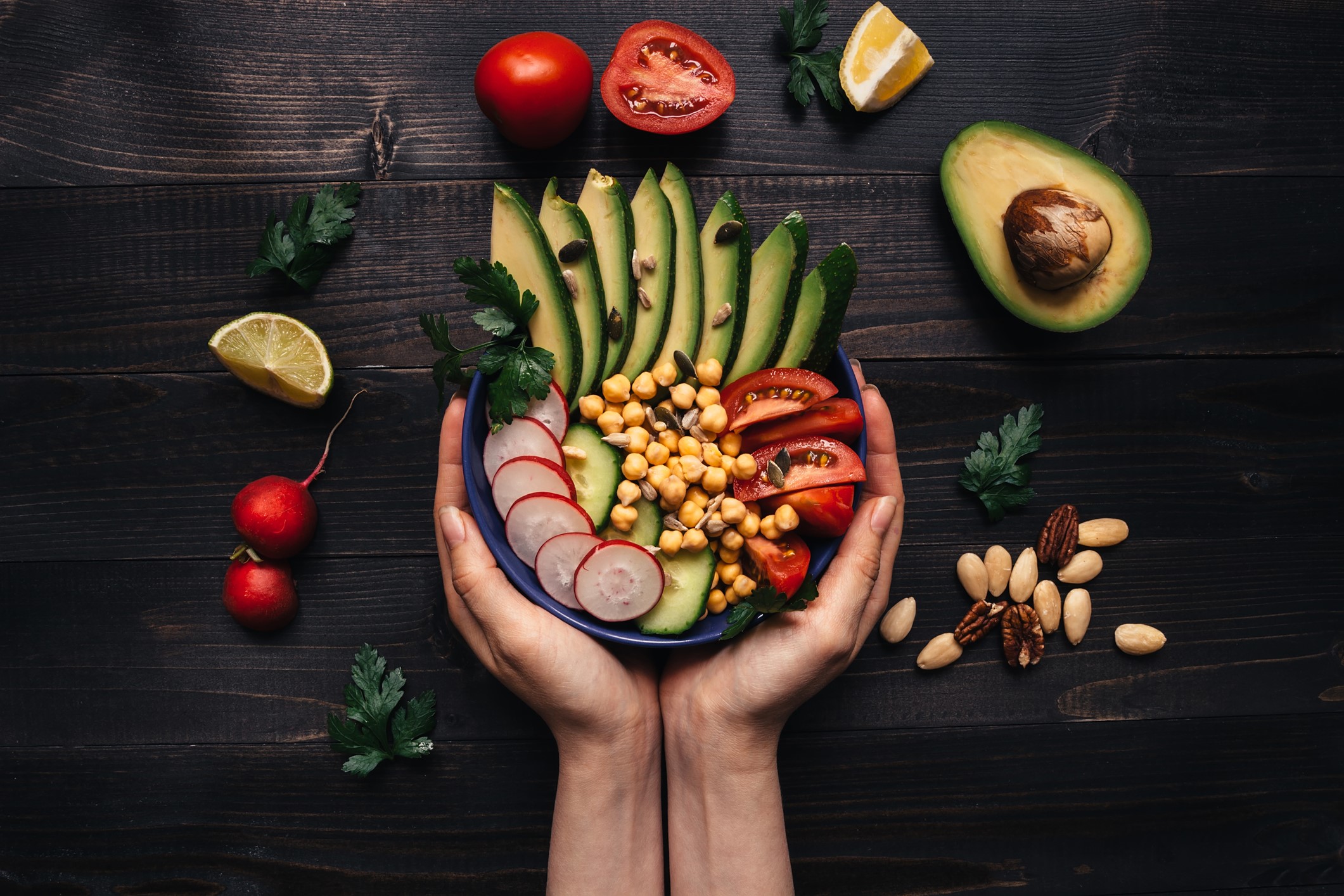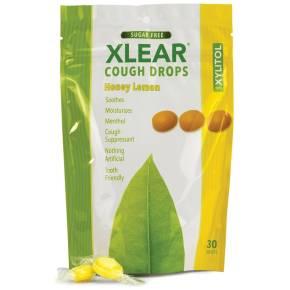Wellness and lifestyle trends come and go. What’s popular now may be forgotten as soon as the next big thing comes along. This is not the case with the vegetarian diet, in which people avoid all meat, seafood, and poultry. About 6 percent of the American adult population has followed this way of eating for the past two decades. (Steadily growing is the flexitarian diet, which is mostly a plant-based diet that occasionally includes meat.)
Some people are vegetarians for religious reasons. Others are concerned about animal welfare and the environment. Still others are vegetarian for health reasons. A new analysis of more than 20 years of research shows that eating a vegetarian or vegan diet can significantly reduce overall risk of developing heart disease and cancer.
With a wide array of produce available, more restaurants offering vegetarian options, and influences from cultures that eat mostly plant-based diets, it’s a great time to be a vegetarian.
Vegetarianism: A Healthy Way to Eat
According to the American Dietetic Association, “appropriately planned vegetarian diets, including total vegetarian or vegan diets, are healthful, nutritionally adequate, and may provide health benefits in the prevention and treatment of certain diseases.” Vegetarians are more likely to have lower body mass index (BMI), blood pressure, and total and LDL (bad) cholesterol levels.
Compared with those who eat meat, vegetarians consume less saturated fat and more dietary fiber, vitamins, and minerals. Studies found that vegetarians’ risk of developing diabetes was half that of nonvegetarians, even after taking BMI into account.
The key to being a healthy vegetarian is making sure a wide variety of vegetables, fruits, legumes, and whole grains are part of the diet. Good fats (nuts, olive oil) are also essential.
Vegetarian Protein, Nutrients & Amino Acid Sources
Vegetarians need enough complete protein in their diets in order to get all the essential amino acids. It was once believed that vegetarians could develop protein deficiencies if all the amino acids were missing from every meal. In fact, the human body stores amino acids and withdraws them as needed over the course of approximately a day. By eating different combinations of nuts, seeds, grains, legumes, fruits, and vegetables several times during the day, a vegetarian receives all essential amino acids.
Vegetarians can obtain protein from foods like soy and quinoa, both of which have complete protein (all eight essential amino acids are present). Eggs, dairy, and legumes are other good protein sources.
Nutrients that may be lacking in a vegetarian diet are vitamins D and K. Both of these nutrients are essential for bone health. Green, leafy vegetables contain a certain amount of vitamin K. Fortified foods can be a good choice too (organic orange juice, soy milk, rice milk, some breakfast cereals). A vitamin D supplement derived from plants is worth considering for those eating a vegetarian diet.
Here are the recommended servings for a 2,000-calorie-a-day diet for healthy vegetarians, provided by the Dietary Guidelines for Americans:
- 3 cups dairy
- 2 1/2 cups vegetables
- 2 cups fruit
- 6 1/2 ounces of whole grains
- 3 1/2 ounces protein (coming from eggs, legumes, nuts, seeds, soy products)
- 27 grams of healthy oils
The Organic Link & Vegetarianism
Vegetarianism is a clean approach to eating. So is eating organically. Since a good portion of the vegetarian diet is comprised of fruits and vegetables, choose produce that is organically certified whenever it's possible. The use of most synthetic pesticides and fertilizers, sewage sludge, and growth hormones is avoided in organic agriculture. Fewer chemicals used during the growing process mean less end up in our bodies as well as the planet’s rivers, streams, and waterways.
If you’re thinking of transitioning to a vegetarian diet, start by gradually increasing the number of meatless meals you eat every week. When cooking at home, substitute meat with beans, tofu, or lentils. The more interesting you make the diet, the more likely it will become a part of your life.





